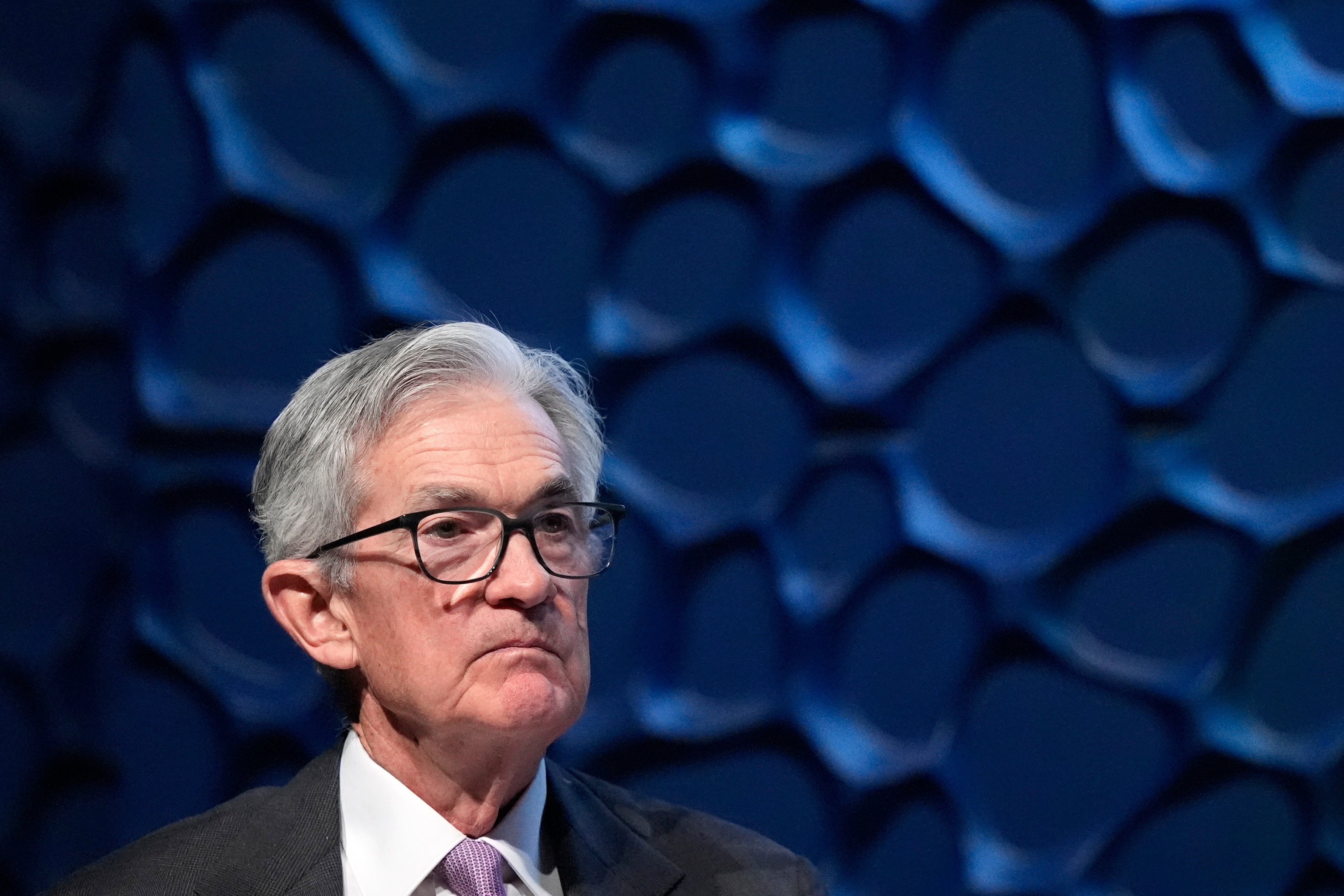WASHINGTON (AP) — With inflation still elevated, Federal Reserve officials expressed caution at their last meeting about cutting interest rates too quickly, adding to uncertainty about their next moves.
Even if inflation continued declining to the Fed's 2% target, officials said, “it would likely be appropriate to move gradually” in lowering rates, according to minutes of the November 6-7 meeting.
The minutes don't provide much guidance about what the Fed will do at its next meeting Dec. 17-18. Wall Street investors see the odds of another quarter-point reduction in the Fed's key rate at that meeting as nearly even, according to CME Fedwatch. Most economists think officials will probably cut rates next month for the third time this year, but could then skip cutting at following meetings.
Kathy Bostjancic, chief economist at Nationwide, said she expects the Fed will cut its key rate by a quarter-point next month, to about 4.3%. But officials will “likely pause" early next year “to assess prospective policy changes under the second Trump administration as well as the current landscape of economic activity and inflation,” she added in a client note.
In September, the Fed signaled it would reduce its key rate as many as four times next year, but since then investors and economists have come to expect fewer cuts. The economy is growing at a solid pace, inflation is showing signs of getting stuck above the Fed's target, and President-elect Donald Trump's proposals, particularly higher tariffs, could also accelerate inflation.
Inflation fell to 2.1% in September, down from a peak of 7% in mid-2022, providing Fed officials with the confidence to implement a steep half-point reduction in its key rate that month.
But excluding the volatile food and energy categories, so-called “core” prices are more elevated, rising 2.7% from a year earlier in September. And they are expected to have risen again last month, when that data is reported Wednesday, to 2.8%.
Most officials at last month's meeting expressed confidence that inflation is steadily falling back to target, the minutes said. Yet they also said that it “remained somewhat elevated” and a couple of officials “noted the possibility that the process could take longer than previously expected.” Nineteen people participate in the Fed's interest rate policy discussions, though only 12 have a vote.
Many of the policymakers also noted that it was uncertain how far the Fed would have to cut its rate. There is broad disagreement among officials about what level of the Fed's rate would neither restrain nor stimulate growth. As a result, the minutes said, that “made it appropriate to reduce (interest rates) gradually.”
The Fed is trying to calibrate its policies so that it doesn't cut rates too quickly and allow inflation to surge again. At the same time, it doesn't want to reduce them too slowly, which could drag down hiring and growth.
If inflation stayed too high, Fed officials could “pause” their rate cuts, the minutes said, while if the economy slowed and unemployment rose, they could reduce rates more quickly.













